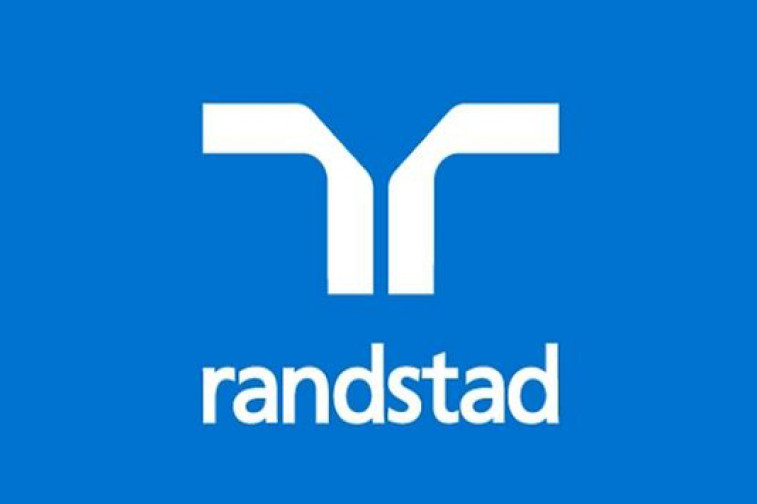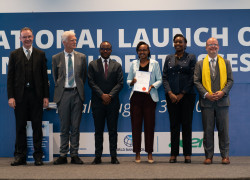businesses to prioritize people strategies as talent expectations dominate the CEO agenda, according to Randstad Sourceright research
Demand for talent remains high, with half of business leaders planning to hire extensively this year, while a quarter say talent scarcity has negatively affected their bottom line.
Randstad Sourceright’s 2022 Talent Trends Report, which surveyed more than 900 human capital and C-suite leaders across 18 markets, found that business leaders are turning to a people-focused mindset and improving talent experience to tackle scarcity.
Four in five (84%) business leaders say that they are more focused on talent experience than ever before, showing that power has shifted towards employees, amid the “Great Resignation.” Flexibility is one area that has grown in importance as 86% see policies, such as flex schedules and remote working, as an effective way to attract and engage talent.
Yet the survey also found that there remains a disconnect for many organizations between their talent strategy goals and execution. While three quarters (75%) of respondents said reskilling is an effective way to combat talent scarcity, only 29% are investing in this area. Despite 86% confirming DEI is embedded in their talent strategies and integral to everything they do, just 43% say their hiring practices supported their diversity goals in 2021.
As half (53%) of business leaders plan to hire extensively this year, they are also thinking outside the box to fill roles. Four in five (80%) found that seeking talent beyond immediate geographical barriers was a useful lever to pull, while 71% said they planned to shift more roles to contingent, project or contract to get work done, up by 15 points in the last year.
This comes as talent scarcity is showing impact on the bottom line and productivity. A quarter (25%) said they experienced a reduction in profitability as a direct result, and the same amount (25%) had to reduce the level of service to their customers.
CHROs and broader business leaders are also experiencing cost pressures, as just 45% of respondents said that their talent acquisition strategy is more about value creation than about achieving savings, which is a five-year low and a 22-point drop compared to the 2021 findings. This comes at a time when 36% of businesses also report increased recruitment costs as a result of talent scarcity.
“It’s clear that businesses need to get creative with their recruitment strategies. Human capital leaders have spent much of the last two years dealing with operational emergencies rather than long-term strategic planning, which has led to an emphasis on savings rather than value creation,” said Mike Smith, CEO of Randstad Sourceright. “ Candidate and employee expectations are dominating the CEO agendas. Those who lean in and support their HR leaders and put the needs of their people first as they recharge, refresh and renew their talent strategies will be winners in 2022 . ”
Communiqués liés
RSA launches technology and management liability insurance s...
RSA Luxembourg, part of Intact Insurance Specialty Solutions, today announces th...
Lancement d'une nouvelle connexion intermodale entre Bettemb...
CFL multimodal a le plaisir d'annoncer le lancement de sa nouvelle connexion i...
Experts from LUNEX award first micro-credentials in Rwanda o...
The Rwanda Ministry of Education (MINEDUC) formally inaugurated Syllabi, a publi...
ERG Notes that ENRC Secures Landmark Victory as Court of App...
Eurasian Resources Group (ERG), a leading diversified natural resources group he...
LetzToken et La Vie est Belle annoncent leur partenariat ouv...
«?LetzToken?», plateforme de tokenisation pionnière basée à Luxembourg, et ...
ERG announces a Pre-Export Finance Facility Agreement based ...
Eurasian Resources Group (“ERG”, “The Group”), a leading diversified nat...
Il n'y a aucun résultat pour votre recherche







